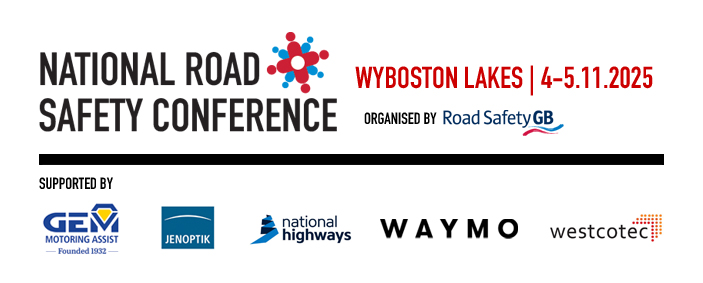20mph limits – how community campaigning sows the seeds for engagement and driver behaviour change
 Rod King MBE is the founder and campaign director for 20’s Plenty for Us. The organisation has since forming in 2007 developed a network of over 300 community campaigns and led the campaign for 20mph limits to be set for most urban and village streets.
Rod King MBE is the founder and campaign director for 20’s Plenty for Us. The organisation has since forming in 2007 developed a network of over 300 community campaigns and led the campaign for 20mph limits to be set for most urban and village streets.
Already traffic authorities covering a quarter of the UK population have adopted this, including over half of the 40 largest urban authorities and 80% of Inner London boroughs. In 2013 Rod was awarded an MBE in the Queens’ birthday honours for services to road safety.
 Nicola Wass is the founder and Chief Executive Officer of So-Mo. The organisation specialises in community engagement and has been involved with 20mph implementations in Liverpool, Bristol and Birmingham.
Nicola Wass is the founder and Chief Executive Officer of So-Mo. The organisation specialises in community engagement and has been involved with 20mph implementations in Liverpool, Bristol and Birmingham.
In particular it works inside communities to harness and empower their own networking and social interaction.
It believes in the power of peer to peer communications and has developed processes and tools which can maximise its effectiveness around the implementation of wide-area 20mph limits.
Presentation
It is said the wide-area 20mph limits are “Community Led and Establishment Endorsed”. It is the grass roots nature of wide-area 20mph limit initiatives that provide the compelling need to reflect community opinion in political and professional decisions to implement 20, yet it can also be the springboard to maximising the effect of subsequent engagement to change attitudes to the way that community streets are shared.
Because the public and establishment aspirations around lower speeds include road danger reduction and also include a far wider set of outcomes it is important that engagement aligns itself with these wider goals rather than exclusively focussing on road safety.
This presentation will be in two parts. It will look at the key drivers in community aspirations for lower speed limits and how this can develop a political, financial and moral mandate for change. It will follow with how engagement that recognises and develops those community aspirations can be harnessed for changing driver attitudes and behaviour. So whilst campaigners focus on being a catalyst within communities in changing the behaviour of elected representatives to set lower limits, engagers act as a catalyst within communities in changing attitudes to sharing streets and behaviour change once those decisions have been made.
